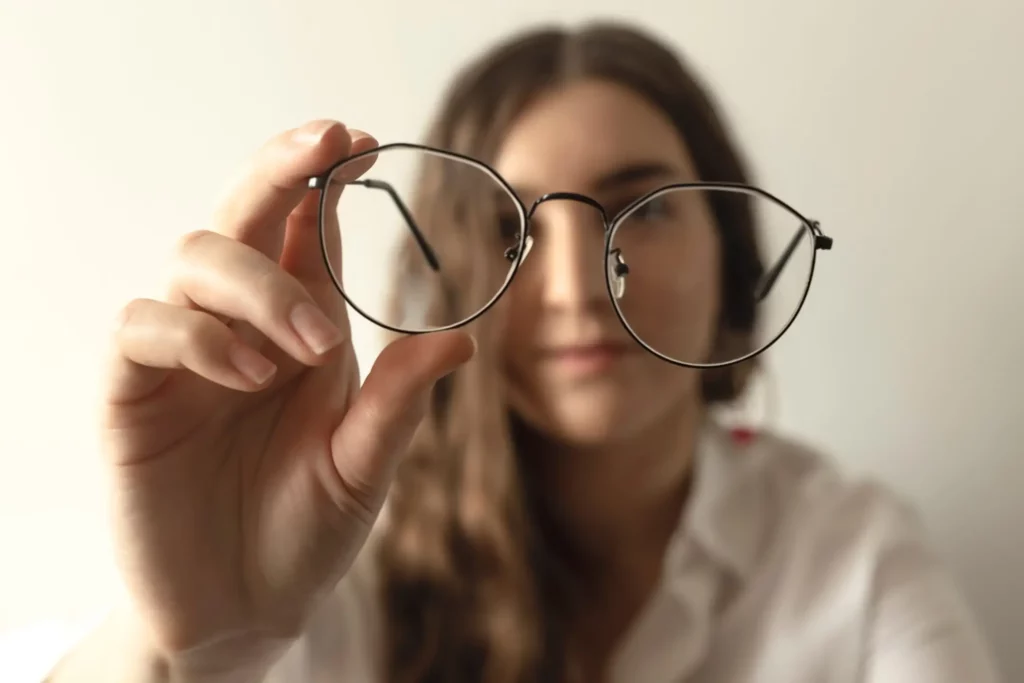Introduction
Eyesight is a vital aspect of our daily interactions and experiences. This topic delves into various parts surrounding eye health and vision care. Whether you’re facing minor eye discomfort or seeking to understand common eye conditions, the information provided here aims to guide you towards better eye health. By being informed, you can take proactive steps to protect your eyesight and seek professional care when necessary, ensuring a clear view of the world around you.
Symptoms
There are a few things that can impact your vision or eyesight.
Experiencing blurred vision, squinting to see more clearly, finding it hard to concentrate after reading for a long time, or having headaches are all symptoms that might indicate that you need to have your eyes checked.
If you have residue in your eyes, if your eyes are sore, itchy or painful, if you feel pain behind your eyes or have swelling on your eye lids, then you should see a doctor first.
Different symptoms need different treatments. Some symptoms can be treated by a doctor (general practitioner or GP) and with others you might need to see an ophthalmologist (specialist eye doctor) or an optometrist.
For more information on booking a doctor’s appointment, see the Visiting The Doctor page.
Where do I go for an eye check?
There are a number of specialists who may have a role in your eye care. Ophthalmologists and optometrists are the two main health professionals who look after eye care and vision.
A doctor, an orthoptist, a pharmacist or a nurse can also play an important role in supporting your eye health.
At the optometrist, you’ll typically get an eye test. Tests will check that your eyes are healthy and assess your vision at short and long distances.
An optometrist is qualified to prescribe glasses or contact lenses if you need them. If they are concerned that you have something more going on in your eyes, they might refer you to an ophthalmologist.

What is an ophthalmologist and optometrist?
You can see an optometrist for a routine vision check-up without a referral from a doctor.
Optometrists often bulk bill (this means if you are on Medicare you do not have to pay the cost), and you can find your local optometrist through the Health Direct Service Finder by selecting ‘Optometry’.
An ophthalmologist will do a comprehensive eye assessment and check your eyes for eye disease. An ophthalmologist will also help you management eye disease if you have it.
You will need to be referred to an ophthalmologist by a doctor or an optometrist. Ophthalmologists work in private practice and also public hospitals.
